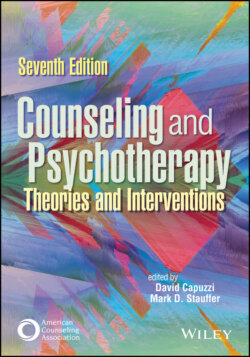Читать книгу Counseling and Psychotherapy - Группа авторов - Страница 96
Controlling Images
ОглавлениеAccording to RCT, controlling images are a set of categories and expectations developed by the dominant group to distort and disempower a nondominant group (Hill Collins, 2000; Jordan, 2018). Hill Collins (2000) explored the notion of controlling images, a central tenet of RCT, in her book Black Feminist Thought: Knowledge, Consciousness, and the Politics of Empowerment. The chapter “Mammies, Matriarchs, and Other Controlling Images” brings context to RCT’s focus on power structures within social and cultural contexts. According to Hill Collins, racially and ethnically marginalized groups are categorized and stereotyped to validate the oppression and mistreatment of disenfranchised groups.
Controlling images result in social injustices, which are normalized in the larger societal sphere. People are then blamed for these injustices and for their own oppression. The concept of controlling images recognizes that every person carries multiple identities. It is therefore important that people understand the spaces and places they inhabit and recognize where the multiplicity of identities is underscored or silenced. RCT concurs that these controlling images remain in place to systematically keep people in categories and, as a result, bring harm to members of disenfranchised groups. Using an RCT framework, counselors take into account the controlling images imposed on certain groups as they help their clients deconstruct harmful images and better understand their impact on their intersection of identities (Haberstroh et al., 2020; Hill Collins, 2000; see Sidebar 2.5).
